

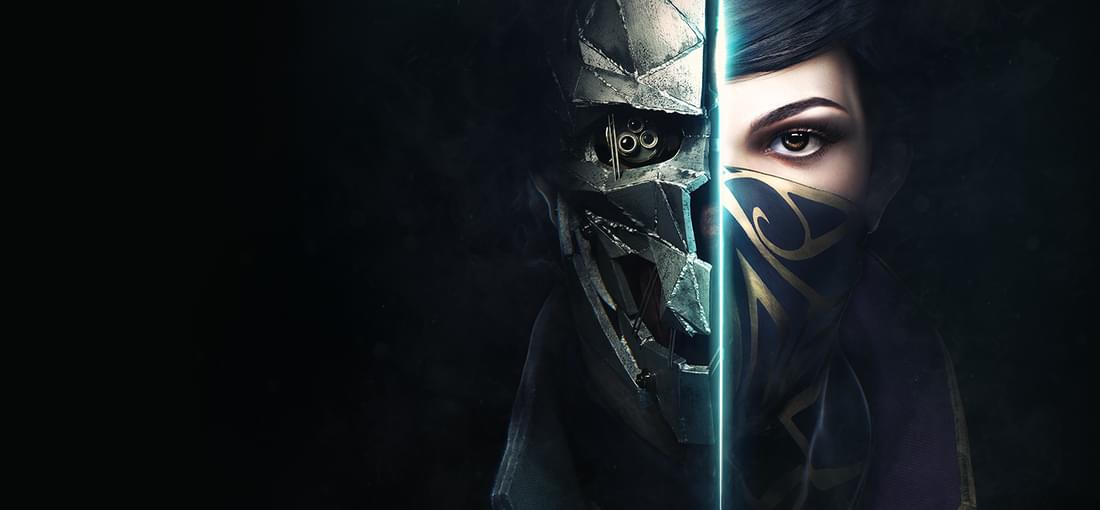
Compared to the first game, Dishonored 2 has a little bit worse story but better level design and gameplay mechanics, so on balance it's just as good as the first game. Clockwork Mansion and Stilton Manor are some of the best levels I've experienced in any video game. If stealth-action is something you like, don't hesitate to get this game.
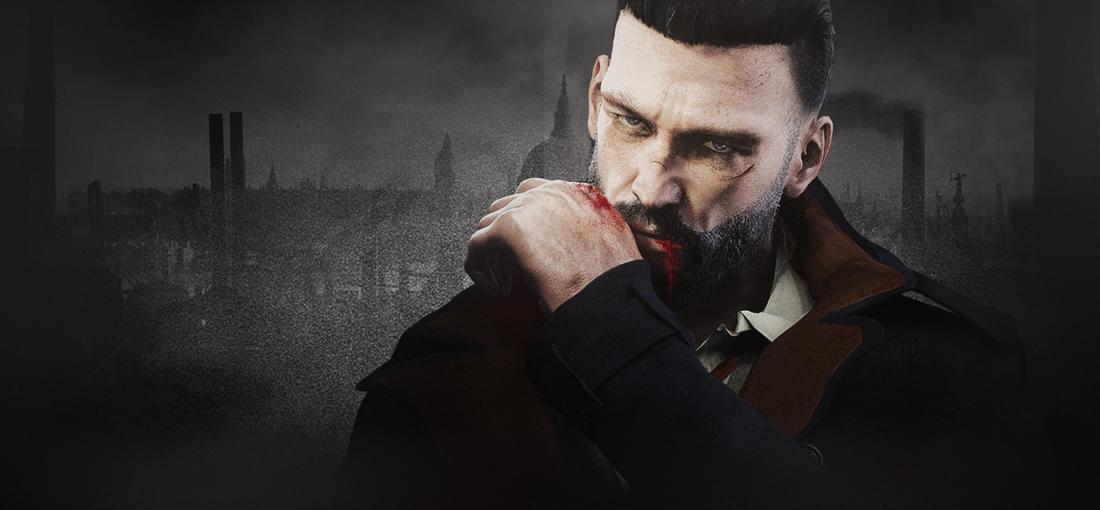
- still a stutter-y mess. Most of the map is streets and small plazas, so generally short draw-distances. But even then, just walking the streets will induce a brief stutter / hitch. - you'll spend most of your time talking w/ npcs. Fine in itself, but there's too much conversation here. - combat is a mess. If you DON'T lock on, you'll frequently find yourself slashing air. If you DO lock on, the game auto-targets based on where you point the camera with the mouse, frequently locking onto an enemy half-way across the plaza instead of the one in front of you. - there a a ton of vampire skills available, but only 4 can be equipped at any one time. - Vampyr hypes "you are responsible for your actions." If you DON'T drink the blood of citizens, you won't level up as quickly and you'll be under-leveled for the entire game (making the combat even more of a chore). If you DO drink the blood of citizens, you'll hurt the city district leading to its collapse. If you don't level up your health, you'll die in 1 or 2 hits from very early on. I spent $15 on this garbage during a sale and I feel ripped off. $5 is all Vampyr is worth - if you're prepared to deal with the frustration.
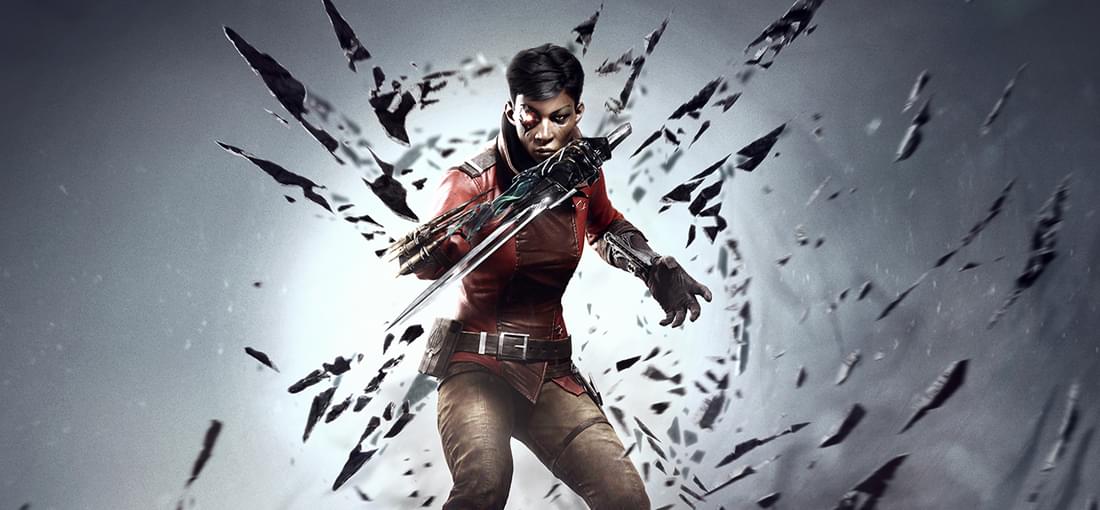
Short enough to be a Dishonored 2 DLC. Even if it had been a DLC, numerous factors make Death of the Outsider feel like a low-budget, low-effort attempt. Re-used areas. Preset skill-tree. Linear progression through levels (all those alternate routes through a level Dishonored is known for? Mostly missing). No chaos system; there are no payoffs for playing stealthy / non-lethal. Gameplay becomes mundane fast because, with no customizable skill trees, you'll be doing the same things over and over. Despite the presence of NG+, few will want to bother with an immediate second playthrough. Fans of the series will still love the atmosphere, and Dishonored's unique graphical style returns. Daud returns but is criminally under-used. Billie Lurk (from the first Dishonored game's Knife of Dunwall DLC) is the protagonist here, and Rosario Dawson does a fantastic job voicing her. I also enjoyed all the lore surrounding the Void and actually getting to dig a little deeper into what sort of place it is. But that's about all there is to recommend Death of the Outsider. Worth a buy when discounted, though if you enjoyed Dishonored 2 be prepared for a game that may disappoint and fascinate in equal measure.
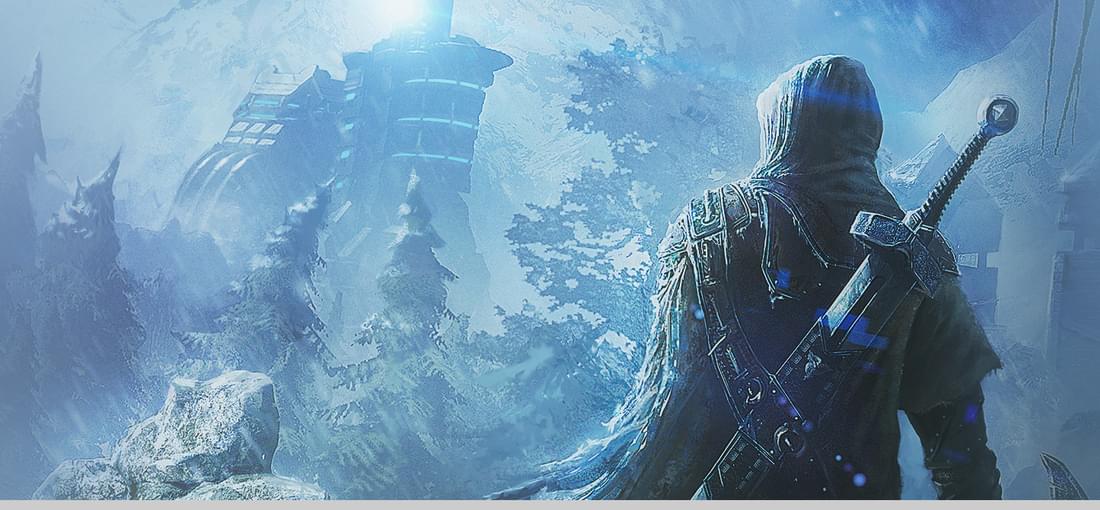
A relief to play a newer game with decent story-telling. - Good characters. - Well-structured quests. I'd complete a side-quest, casually make the choice at the end, and be rewarded with loot and the message, "This will change the story." Resulting in me waking up and immediately trying to remember wtf did I actually do in that mission, and pondering whether I should load a save and re-do it. - World-design (hyped as "hand-crafted") is superb. Great fun to explore. - Combat is absolutely terrible, though. It's like they wanted to bring Dark Souls combat to a sandbox RPG but had no idea how to balance character progression with damage dealt. Quick-save often, because even the smallest creatures can stun-lock you to instant death. #PiranhaBytes never changes... - The loot, though plentiful, is tiny. Without the sunglasses to highlight loot (they can be found or purchased from merchants), you'll miss 75% of everything. - Voice-acting is meh. Could be worse, but could be better. - I get that re-used character models are common in a game of this size, but outside of squaddies there are barely a half-dozen faces in the game. I picked it up for $20 last December. Considering the games that can be purchased much cheaper than that, I over-spent. Worth $10-12, maybe $15 at most. Consider that there is no DLC (just the soundtrack can be purchased) and the game as offered is otherwise the complete package. Enjoy the spectacle, the world, and the stories. A throw-back to the old days of RPGs, but not a flawless throw-back by any means. I wanted to give it 4 stars, but that combat... I had to fight the game to finish it. That ultimately hurts its score.
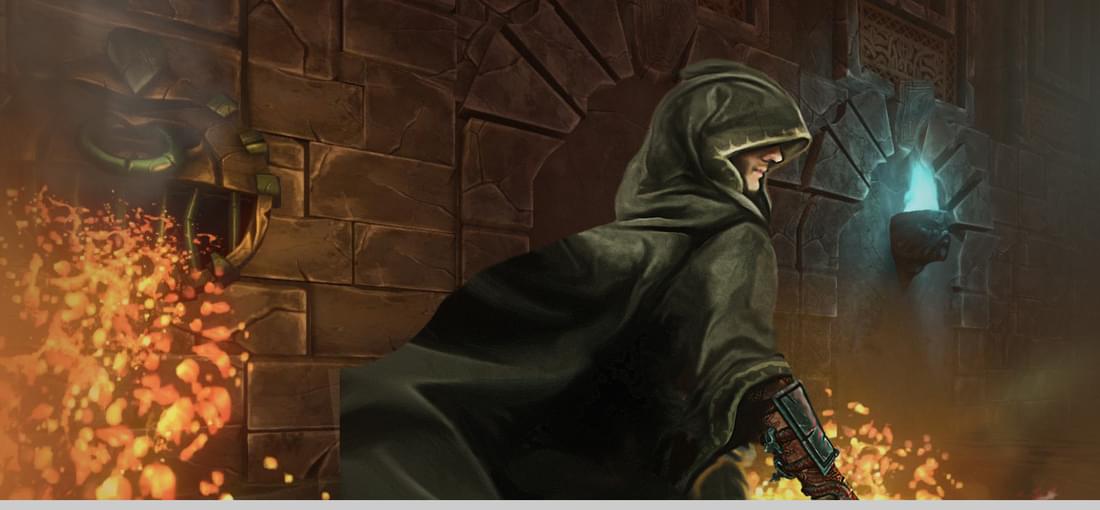
A delicious slice of classic, fast-paced fps-action in a procedurally-generated dungeon-crawling wrapper. Runs like greased lightning, decent visual effects, and a ton of different characters (each with different skillsets) to choose from. Can get a bit old after a while because the enemies and bosses start to feel the same, but worth a purchase for anyone who enjoys old-school, skill-based fps action. Also worth trying if you are new to the old-school, skill-based first-person shooter genre and are looking for a game with adjustable difficulties to train your skills.
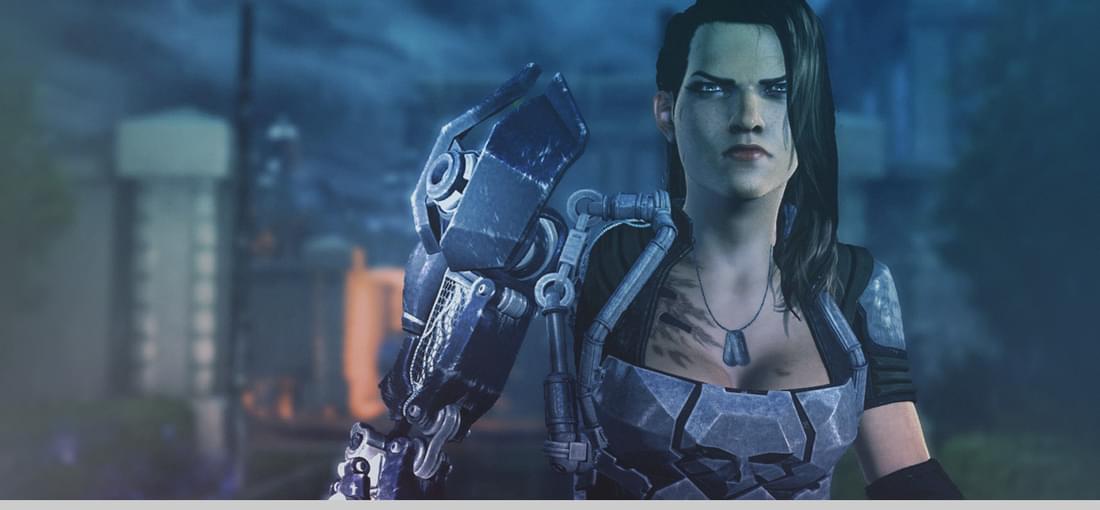
There's a good game in here, but the levels are so large the game becomes a long, boring grind - worse if you try to complete side-quests. Generally high production values, but could have been so much better. And why is it played from an isometric viewpoint? Seems like it would be more visceral as a first or third person shooter. Which is the direction the devs are going with the follow-up game, Ion Maiden. Looking forward to that one. But this one is just meh.
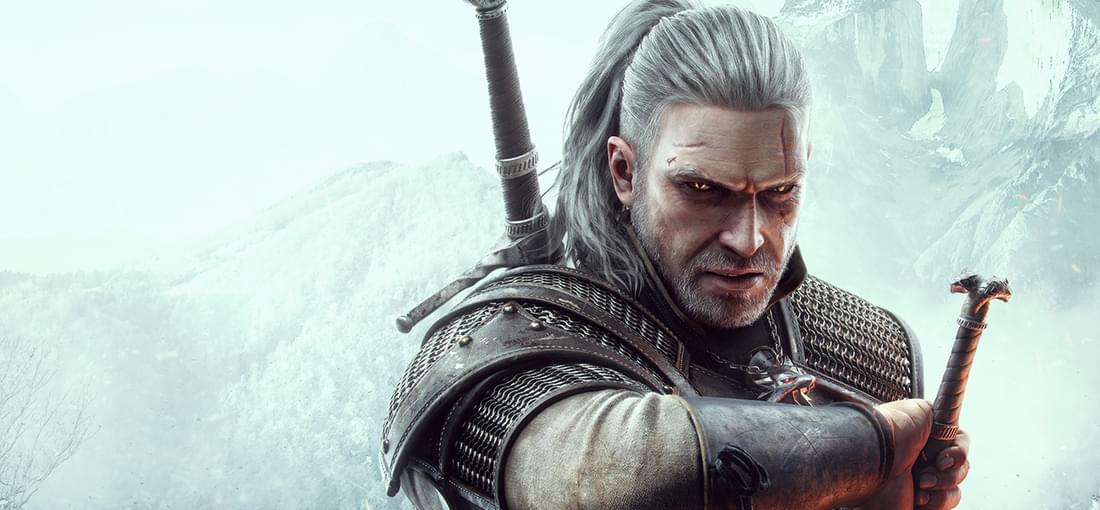
Unlike near-annual franchises that have copy-and-pasted stories and activities, the developers of The Witcher 3 clearly cared about making a good game. And while every game has its flaws, the product of their care and attention is one of the best role-playing games of this gaming generation. Many characters from previous games return, the graphics are glorious, the writing is sharp and poignant, interface and combat is greatly improved. But there is suddenly a ton of confusing exposition in the final act, and while story side-quests are done well, the average village contract reuses encounter mechanics over and over. Minor complaints in a game the size of The Witcher 3. Hearts of Stone and Blood & Wine are must-buy DLC on the top of this large, richly detailed cake. The Witcher 3 is one of the few games that is worth its list price, but it frequently discounts to $20 during sales, making it one of gaming's best bargains. Total size on my hard-drive (GOTY): 36GB
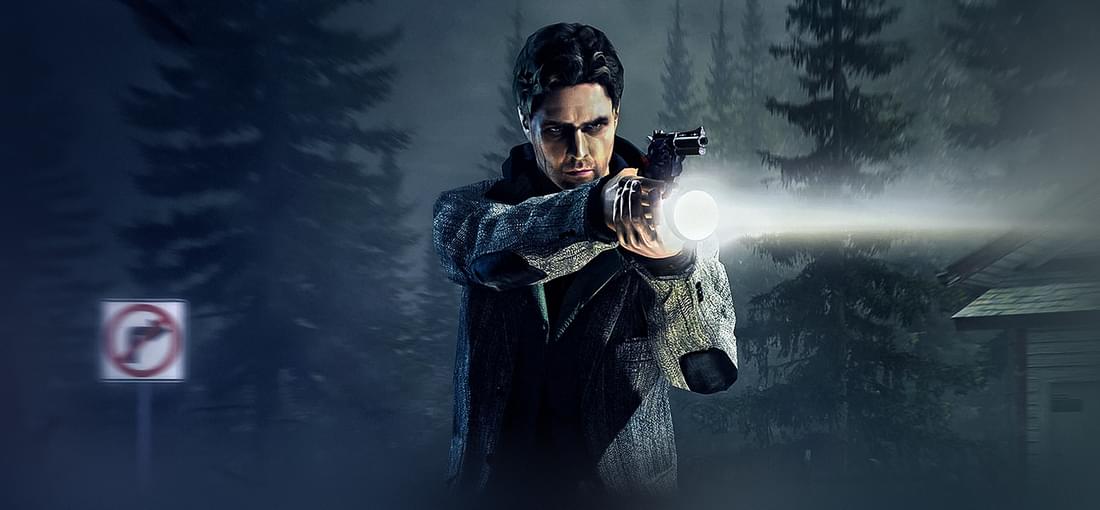
Alan Wake is a linear third-person shooter whose atmosphere and story attempt to redeem the frankly clunky combat. The game proceeds in six episodes (with two additional DLC episodes that are now included for free). Worth a purchase on sale if you enjoy a combat-driven interactive movie, but there's not much replayability (unless you're a collectibles and achievements fanatic). Alan's wife, Alice, gets “taken” by a mysterious “dark presence.” The entire game is spent trying to release her from its power. Alan is frequently lost, operating on whim, and not really sure of how to proceed. A writer himself, he begins researching old legends of Cauldron Lake and the power that words written there seem to possess. This is really the best part of the game, as the labyrinth of creation and created and how to balance what is desired with what is needed leads Alan down an increasingly dark path (pun intended). As he discovers, he is not alone in his knowledge of the lake's mysterious power, nor the first to suffer from it. The supporting cast are varied and colorful characters, several of whom have their own history with Cauldron Lake. The atmosphere is suitably dark and fog-swept at times. Most of the game happens at night, so turn down your room lights and crank the audio to catch the ambiance (the sound design is superb). The setting is a unique one: the woods and small town atmosphere of the Pacific Northwest. The ambiance is captured nicely, and the woods have thick foliage and dark shadows. Old logging and mining gear abounds, providing just the right touch of historical nostalgia and rusty menace. The buildings and architecture are a mix of rustic, country-style structures (built sturdy to withstand the harsh winters) other more attractive, modern structures designed to impress tourists (Cauldron Lake Lodge). The superb music score is the icing on the atmospheric cake: moody but melodic, it catches the feeling of solitude at night-time haunted by the supernatural. A supernatural that is made perhaps more terrifying by the clunky combat. Shine a light at enemies to burn away the darkness, then shoot them with whatever weapon you have to hand. It works well enough, but feels loose and sloppy. The weapons are few, but do feel different: revolver, shotgun (regular and pump-action), flare gun, hunting rifle, flares, and flash-bangs. That's it. They're not all available at the same time, and at the beginning of each episode, Alan only has a flashlight and a revolver. So, no matter how good you were with saving up your gear, thinking there might be a big battle coming up, once the episode ends, you'll lose it all anyway. The enemies offer little variety. You've got the standard hatchet-throwing “taken”, the big “taken”, the fast “taken”, and random flocks of crows that fly out of the sky and attack Alan. Sometimes random objects (like cars, tires, dumpsters) will become possessed and attack Alan. With so many creatures that dwell in the woods of the Pacific Northwest, I expected there might be a boss fight with a bear or a pack of coyotes, but no. None of these drawbacks would matter if the total experience offered by Alan Wake were more than the sum of its parts. Unfortunately, it isn't. I enjoy it because when I first played it years ago I had no idea that video games could handle narrative in this fashion. I'll always have a nostalgic appreciation for it and it just kills me to provide a mixed recommendation. But if you want more than story and atmosphere, look elsewhere, because you'll be sorely disappointed by everything else. If story and atmosphere suffice, though, get Alan Wake right away.